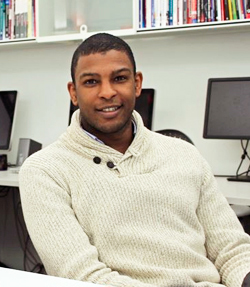Inspiring the Next Generation of STEM Enthusiasts
A friendly competition is brewing in the corner of a basement classroom in Link Hall during the annual STEM Trekkers summer program, where students are participating in a time-honored ritual: seeing who can build a paper airplane that travels the…


